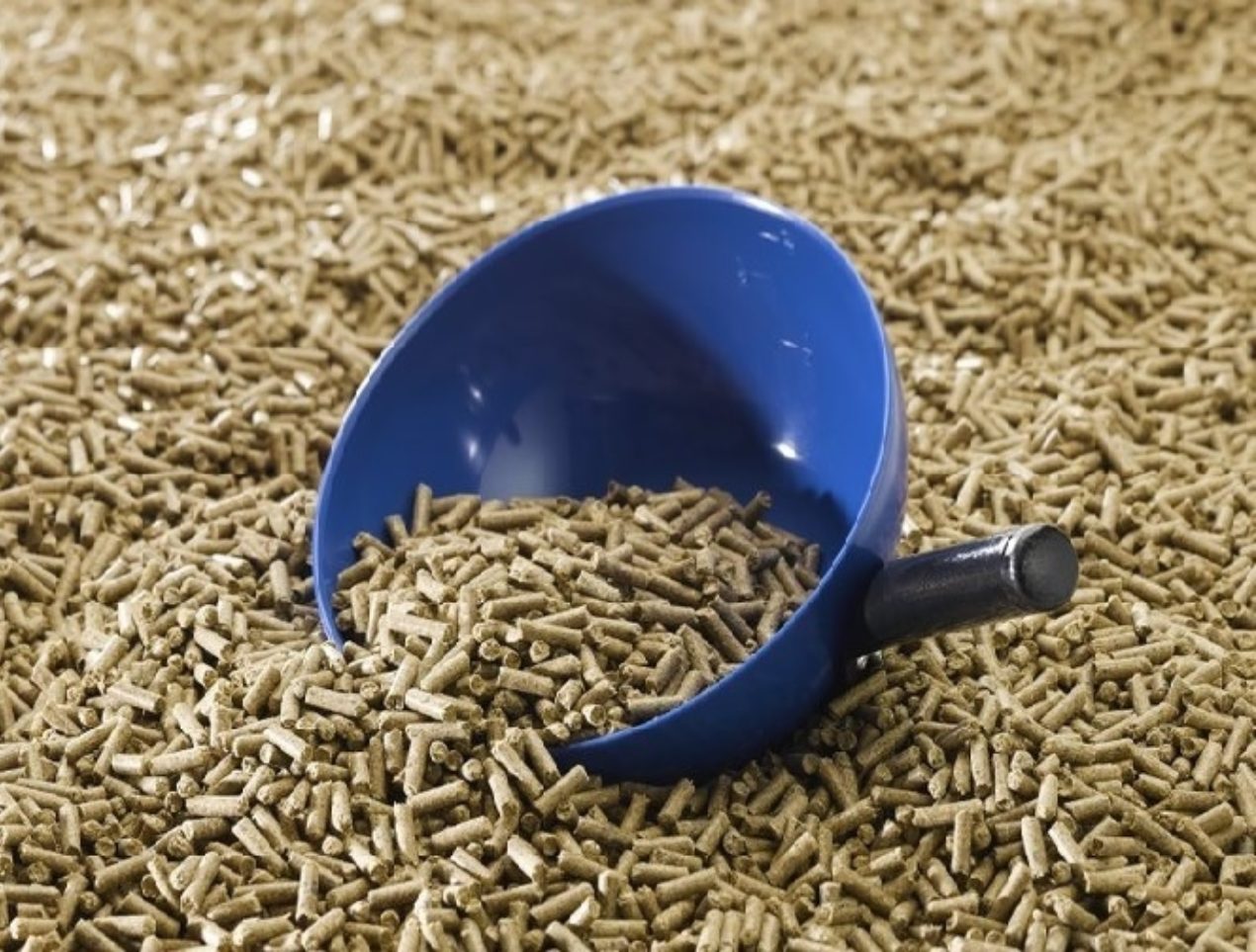Why Should We Weigh Our Horse's Feed?

We will all have been told at some point in our horse and pony feeding education that we must weigh their hard feed and forage, and yet it is still not unusual to see feeds being made up using cups and jugs and hay being fed in sections and haynets, with no perception of the actual weight. So why is weighing your horses feed and forage so important?
A balanced diet.
There is tremendous potential for micronutrient problems in the horse. Feed manufacturers have minimum feeding guidelines on their bags which are intended to ensure that you are feeding your horse or pony optimum levels of vitamins and minerals, which are key to maintaining health and wellbeing. Feeding below these recommended levels will increase the likelihood of poor coat and hoof condition, increased recovery times post exercise / competition and compromised immune function.
Digestive Health.
Forage consumption should never fall below 1.5% of your horses body weight per day. For example, a 500 Kg horse should be eating 7.5kg - 8Kg of hay or haylage. Sections of hay will vary in weight throughout a bale and haylage may vary in moisture level and therefore affect the weight of haynets etc. It is perhaps not necessary to weigh your forage everyday but weighing your horses forage allowance at least once a week and any leftovers can be a useful way of determining how much they might be eating as an average.
There can be some nutritional issues that can be easily overcome if optimum levels of forage are fed or alternative ways are found to increase that horse’s fibre intake if he is not eating enough even if it is being offered on an ad-lib basis. Issues such as poor body condition, loose droppings, irritability, and wood chewing can be down to poor fibre and forage intakes.
Managing overall health conditions.
Horses and ponies that are good-doers, or at an increased risk of metabolic disease or laminitis, will require strictly controlled calorie rations and feeds that are low in sugar and starch. While there are specific rations available for these horses, they will only be effective if they are fed at the correct intake. If the recommendation is 0.5 Kg per day, not weighing feed may mean more calories have been supplied than is required to maintain a healthy body condition.
UTILISATION OF FEED.
It is especially important to weigh your feed to ensure that you are not exceeding recommended meal sizes for your horse. As a general rule of thumb, it is suggested not to exceed more than 400g for every 1kg of body weight, meaning a 500kg horse should not receive more than 2kg per meal. For owners of poor doers, understanding how much you are feeding per meal is especially important. Many owners will be left confused by why their large feeds are not making a difference to their horses body condition, but the relatively small size of the horses stomach is not designed to cope with large meals. This can lead to feed being pushed along the digestive tract before being effectively broken down, and both calories and nutrients can be lost.
How much does my Saracen feed weigh?
One of the most common misconceptions when it comes to feeding is that 1 scoop = 1kg regardless of feed type, scoop size or how much the scoop is filled, i.e. level scoop or heaped scoop. 1 large round ‘stubbs’ scoop does hold roughly 1kg of a compound mix when filled level, but it will hold more of a cube and less of a chaff.
To see how much your feed might weigh as a guide, check out our handy scoop measure guide here. However, the best way to see how much your horse might be eating is with a set or scales or spring balance.
Quick Feed Finder
Use our quick and easy feed finder as a guide to select the right feed for your horse or pony.
Feed Advice Form
Complete our online form to receive a detailed nutritional plan for your horse or pony from one of our registered nutritionists.












